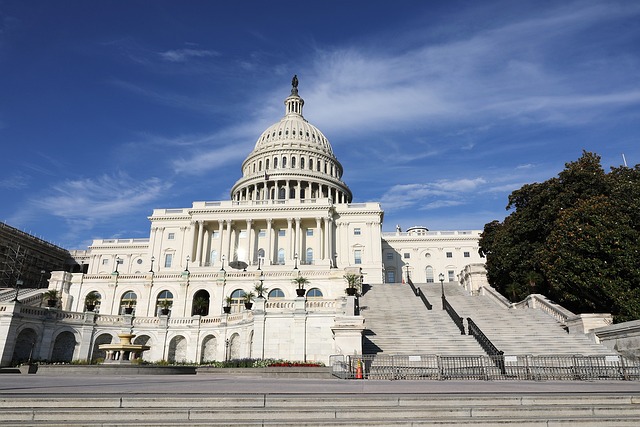From my America Out Loud Pulse podcast with Dr. Elaina George – https://www.americaoutloud.news/bells-and-whistles-aside-patients-want-the-human-touch-in-healthcare/
With all the technological advances in medicine, AI, and algorithms, it seems some healthcare professionals have forgotten that along with the latest scientific bells and whistles, patients need the human touch.
A large British study of 88,000 patients found the most common complaint was about how they were treated and lack of communication. The researchers found that the complaints reflected individual experiences, mainly anger at the attitudes and skills, and safety and quality of the healthcare professionals. The British have the National Health Service and government financed health care. Clearly this model is not the answer to patient satisfaction.
Surveys in the United States have looked at barriers to access to medical care. High cost affects all consumers of medical care – irrespective of income bracket. Many have skipped an office visit or prescriptions due to cost. Many cite the inconvenience of office hours as a problem. In rural areas, not only are there fewer doctors but they are often long distances away. But what always is on the list of patient concerns is poor communication between the patient and physician. Physicians and patients know that effective communication leads to a better relationship which leads to a better outcome. Another complaint by patients is health care professionals’ lack of empathy and nonchalant treatment. And despite the convenience of telemedicine most patients prefer an in-person visit. What does this say? Take your AI and shove it!
My guest and I will discuss all things medical care and what we can do to improve costs and access to care while maintaining the principles of good medicine.
Dr. George’s website: http://drelainageorge.com
Living in the Solution podcast: http://drelainageorge.com/podcast-2/
Book: Big Medicine: http://drelainageorge.com/product/big-medicine/
To find an independent physician go to the Association of American Physicians and Surgeons website: https://aapsonline.org/direct-payment-cash-friendly-practices/; Join the Wedge (of Freedom) – https://jointhewedge.com
To find Direct Primary Care practices: https://www.dpcfrontier.com
To find an independent physician go to the Association of American Physicians and Surgeons website, https://aapsonline.org/direct-payment-cash-friendly-practices/.
Bio
Dr Elaina George is a Board Certified Otolaryngologist (Ear, Nose, and Throat physician). She graduated from Princeton University with a degree in Biology and received her Masters degree in Medical Microbiology from Long Island University. She earned her medical degree from Mount Sinai School of Medicine in New York. Dr George completed her residency at Manhattan, Eye Ear & Throat Hospital. She is the author of Big Medicine: The Cost of Corporate Control and How Doctors and Patients Working Together Can Rebuild a Better System, a book which explores how the U.S. healthcare system has evolved and explains how patients and doctors can create a healthcare system that is based on the principles of price transparency with the power of the doctor patient relationship. She currently also has a radio show, Living in the Solution.








